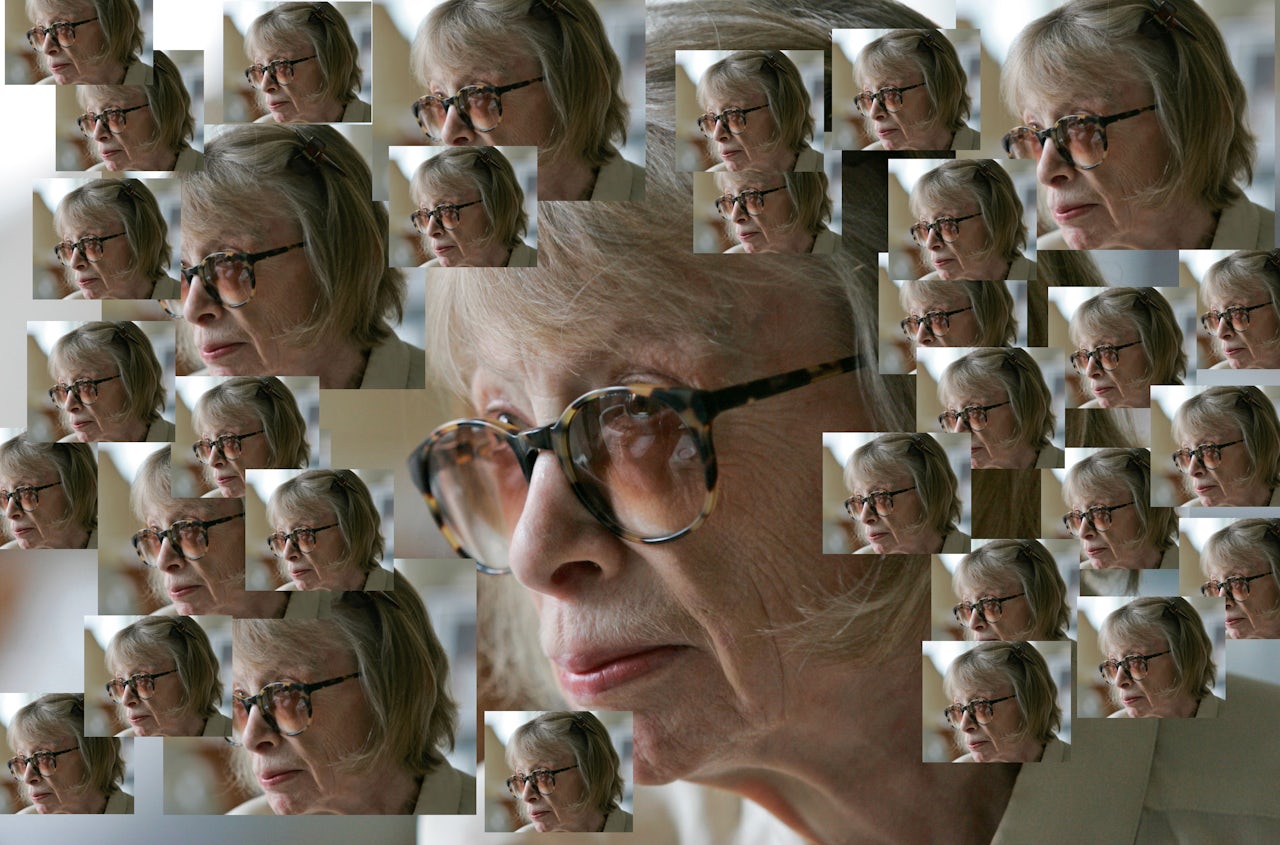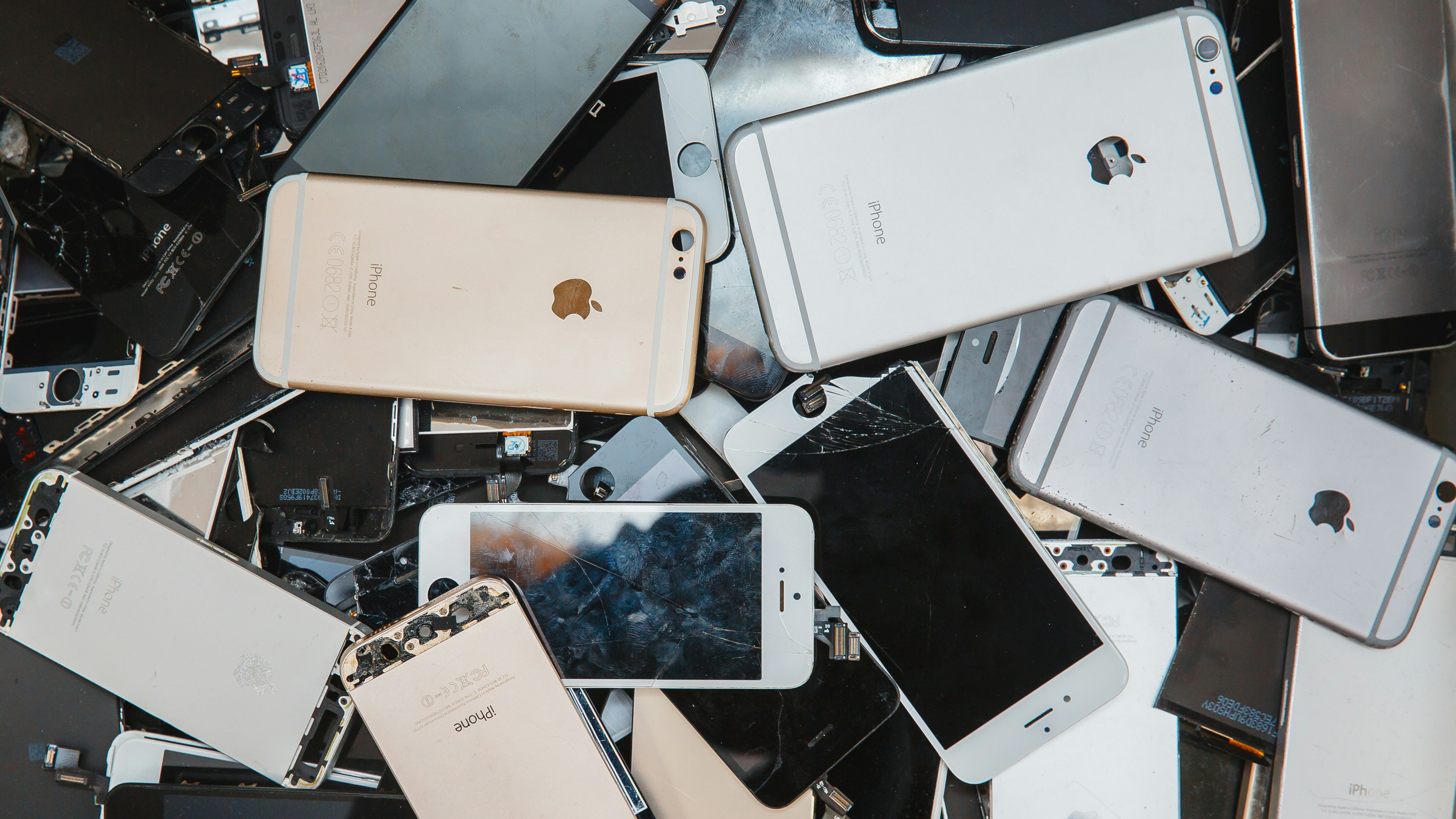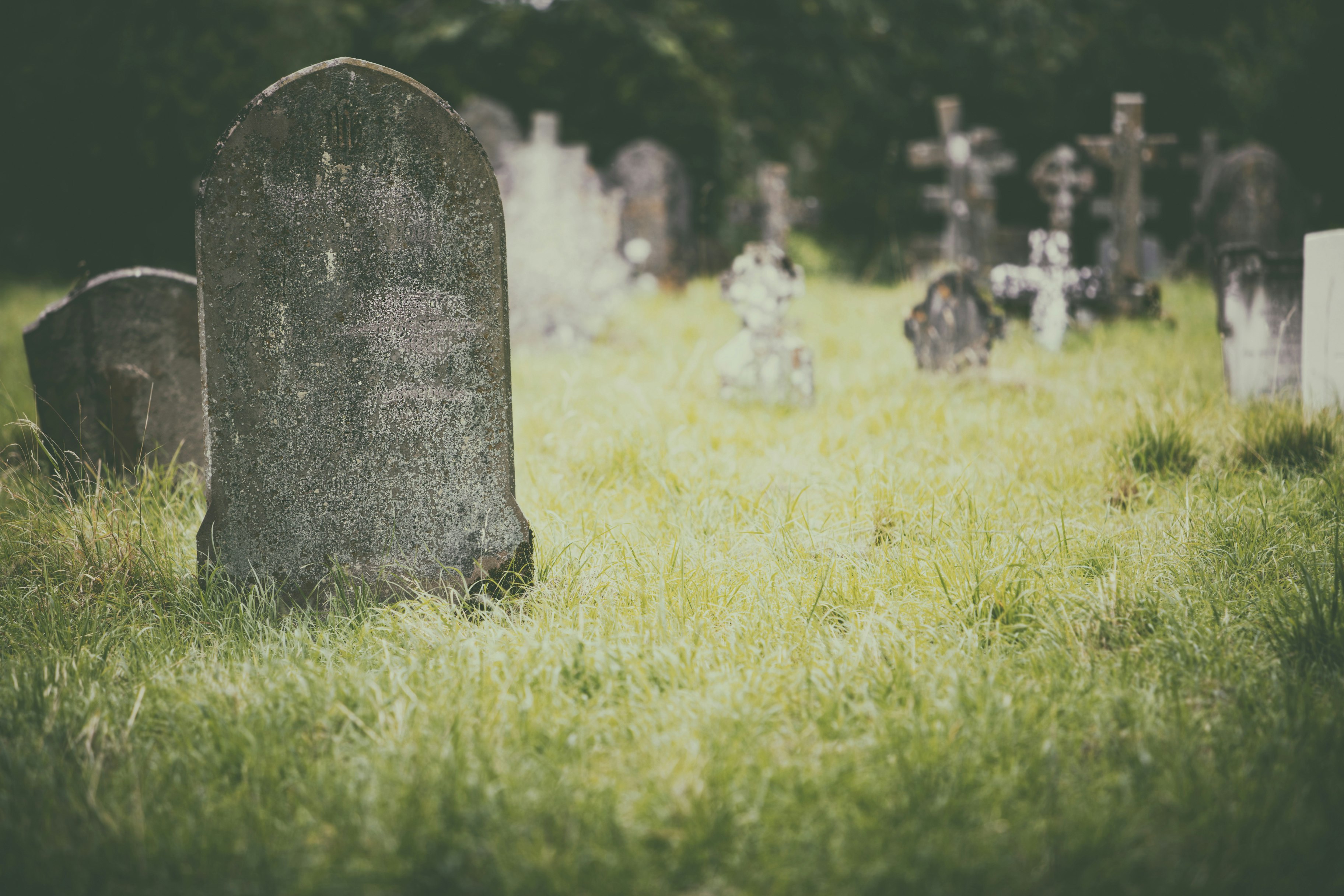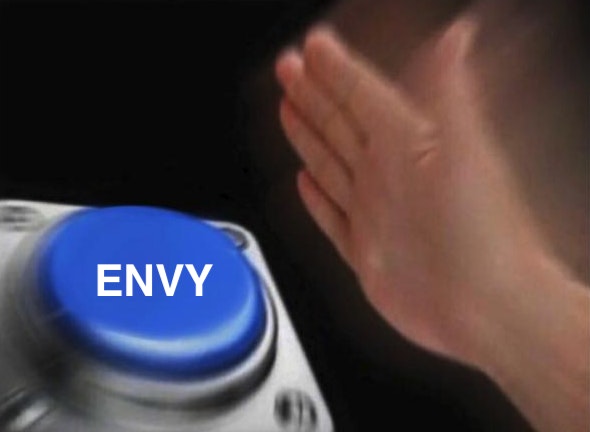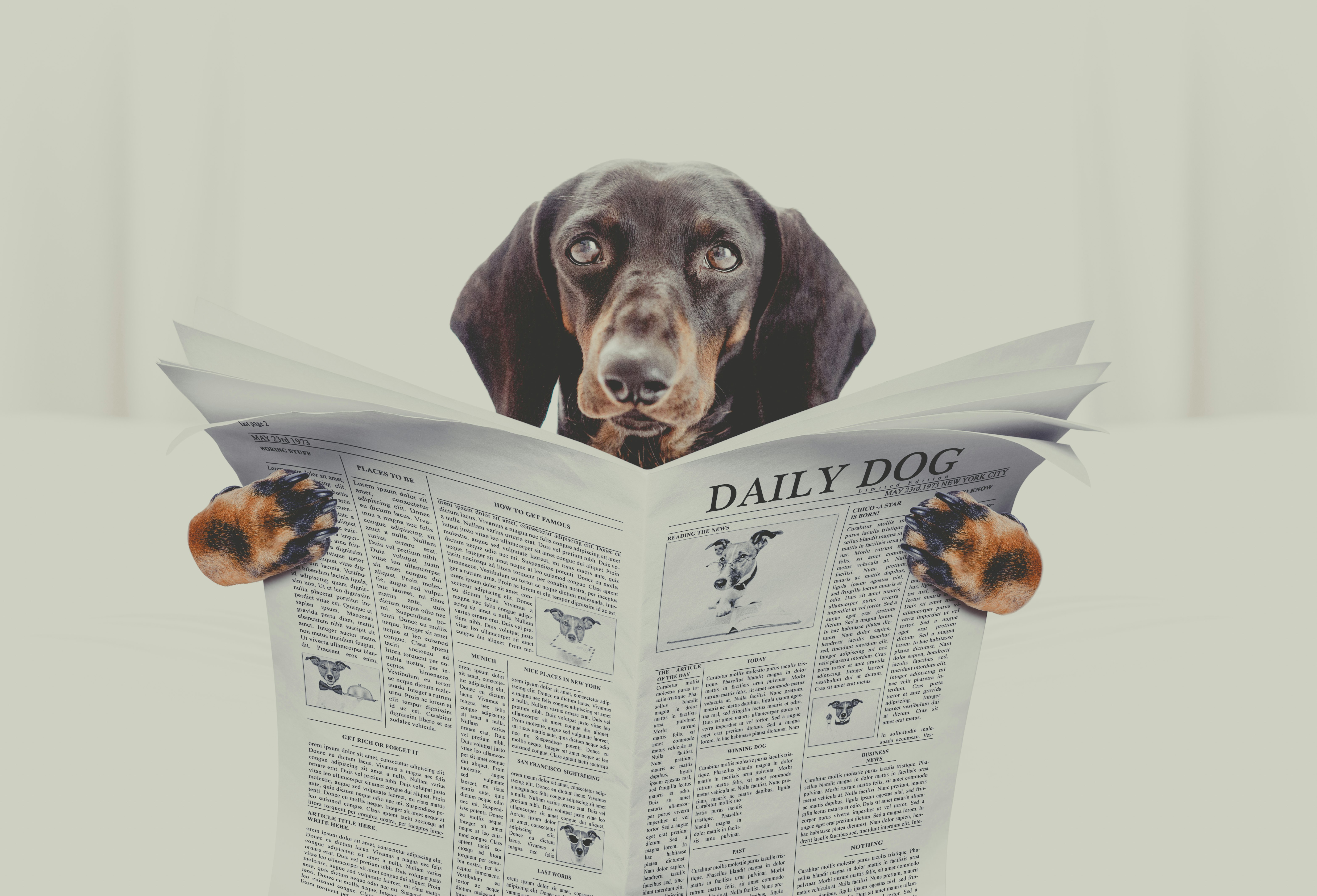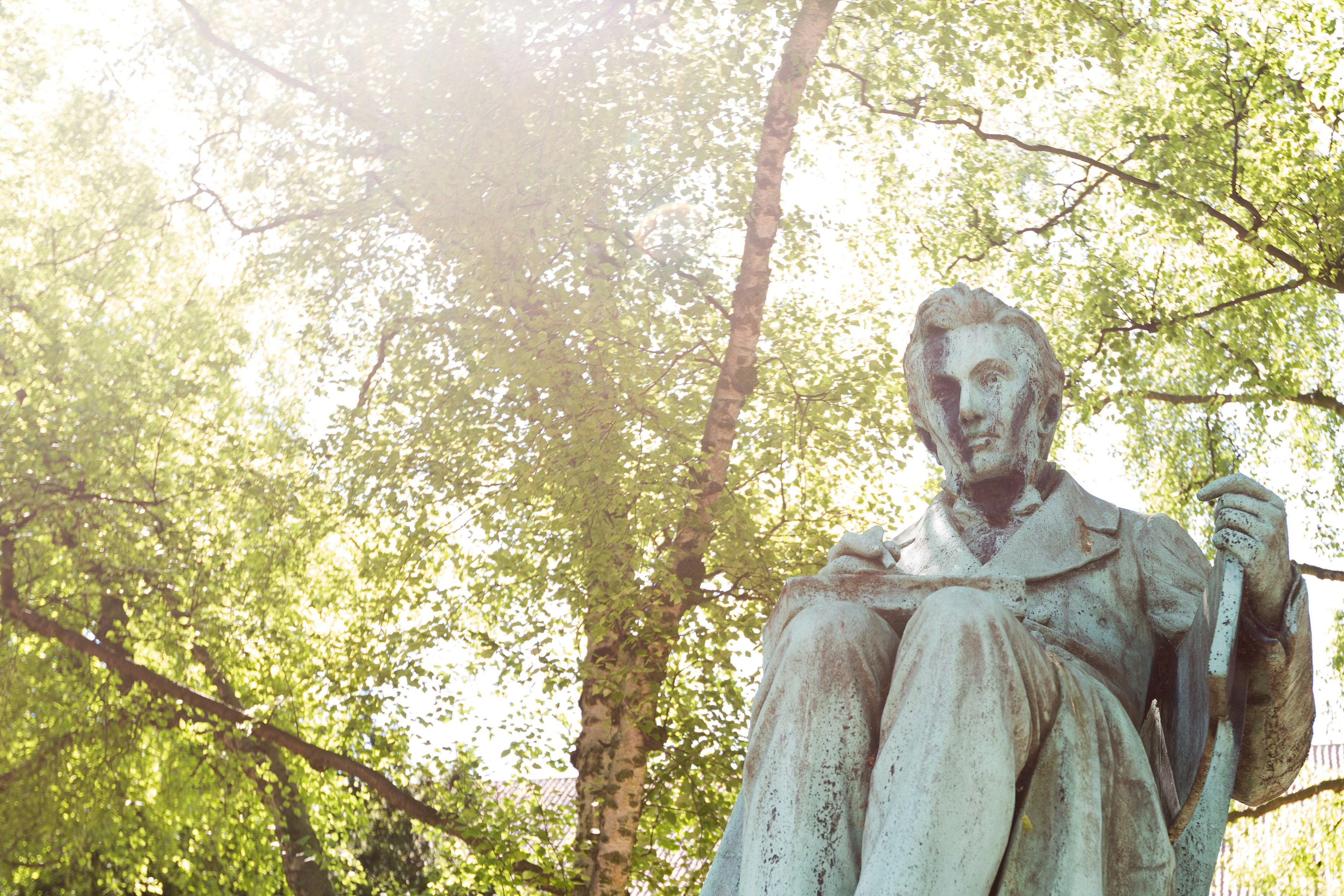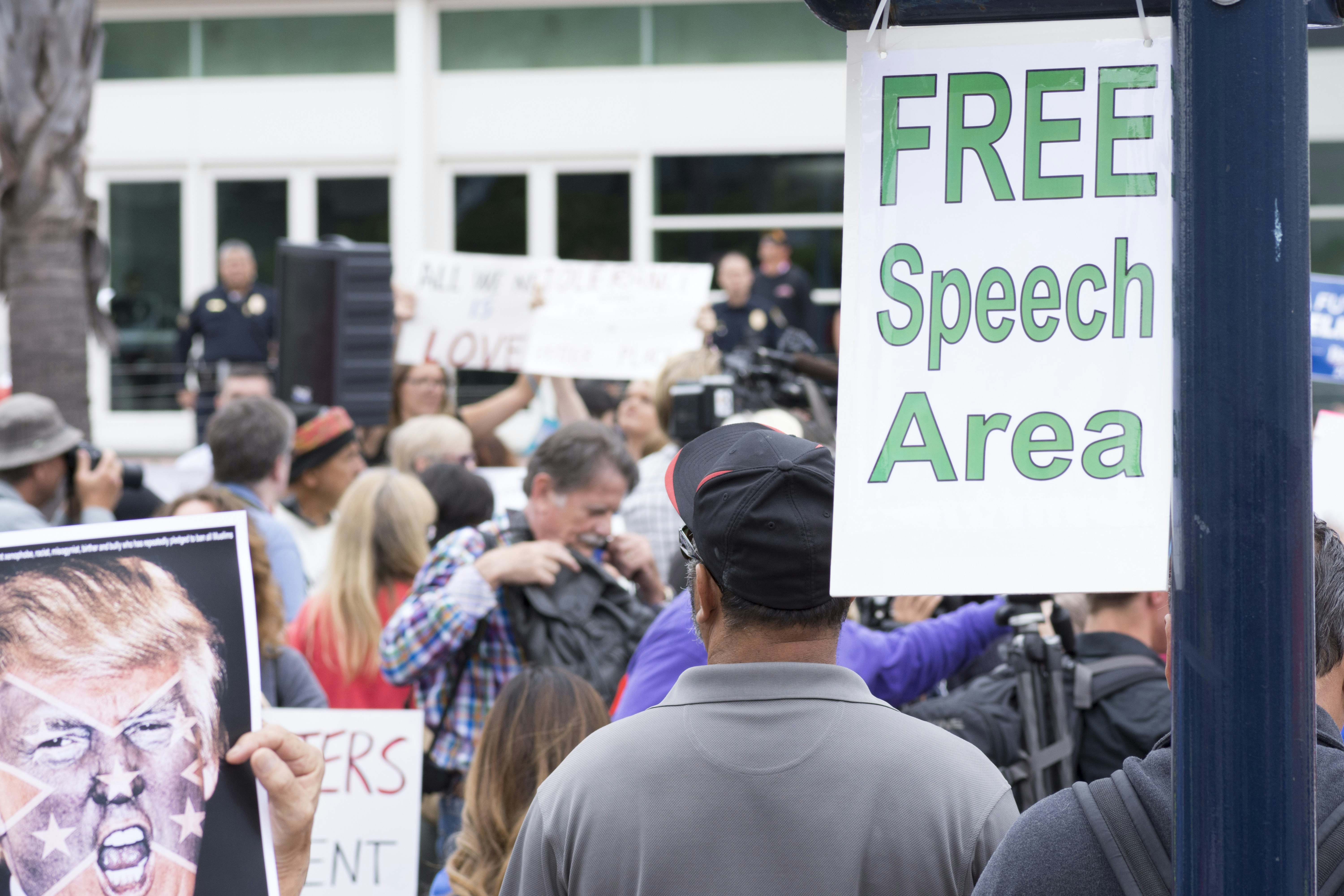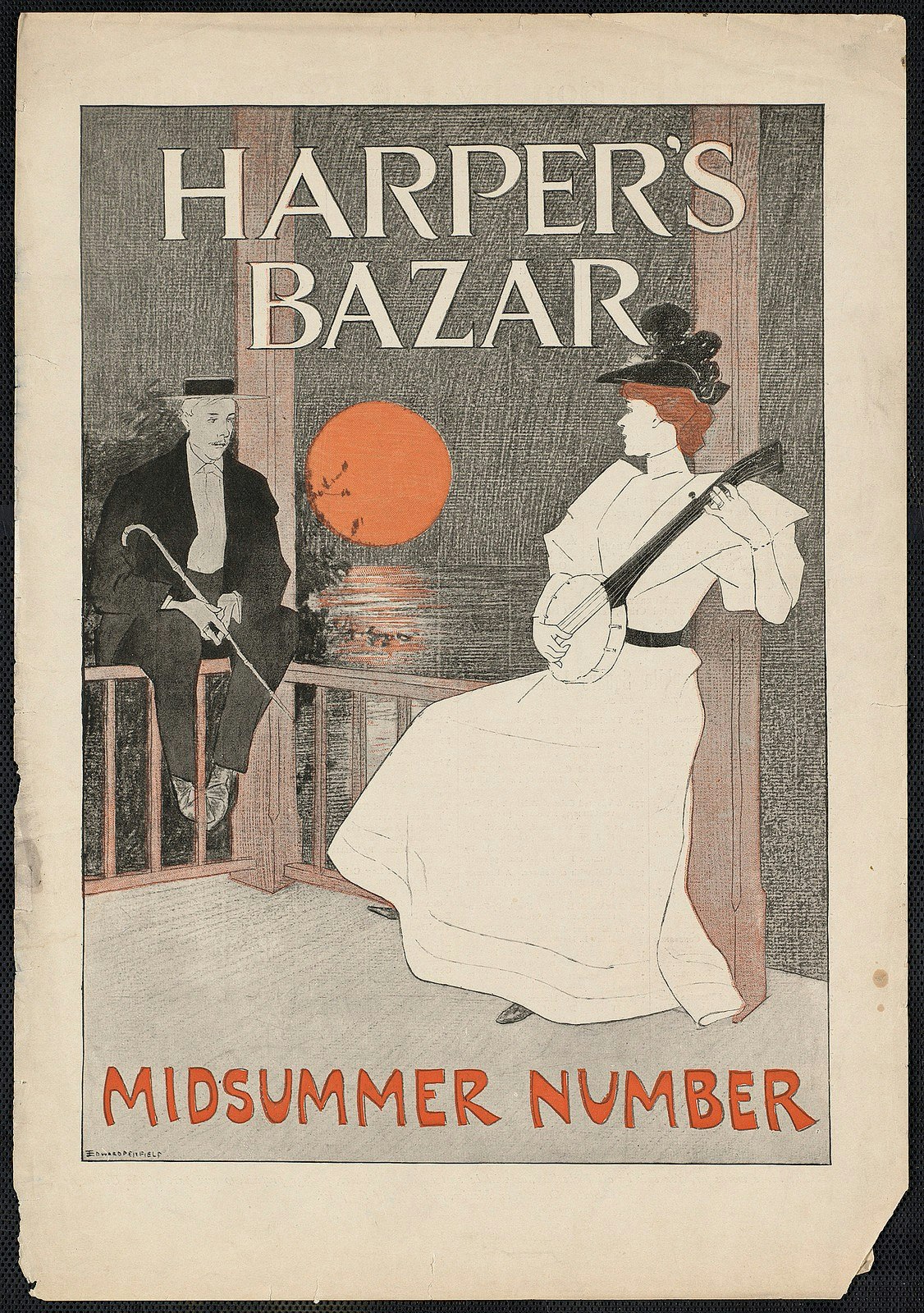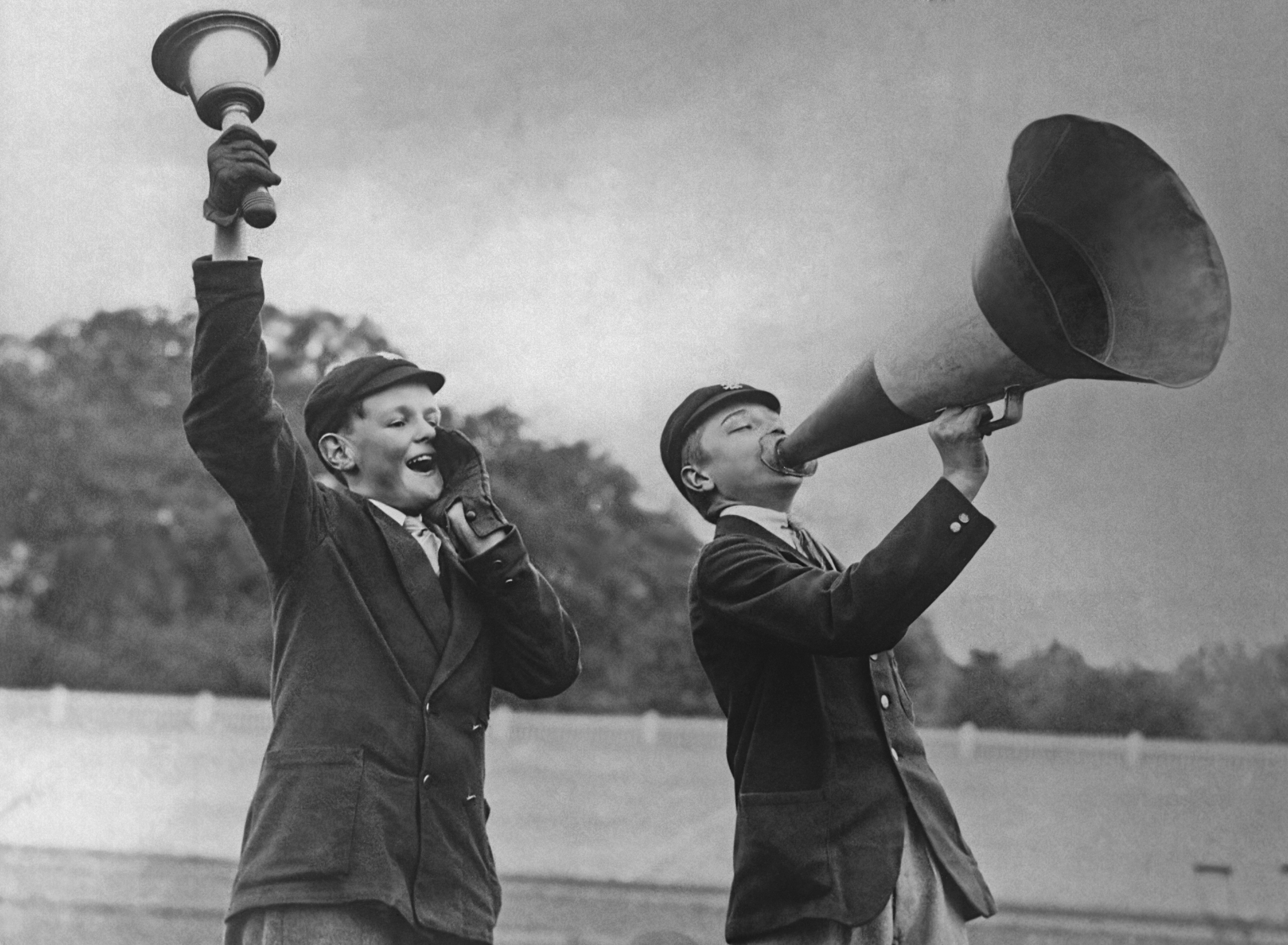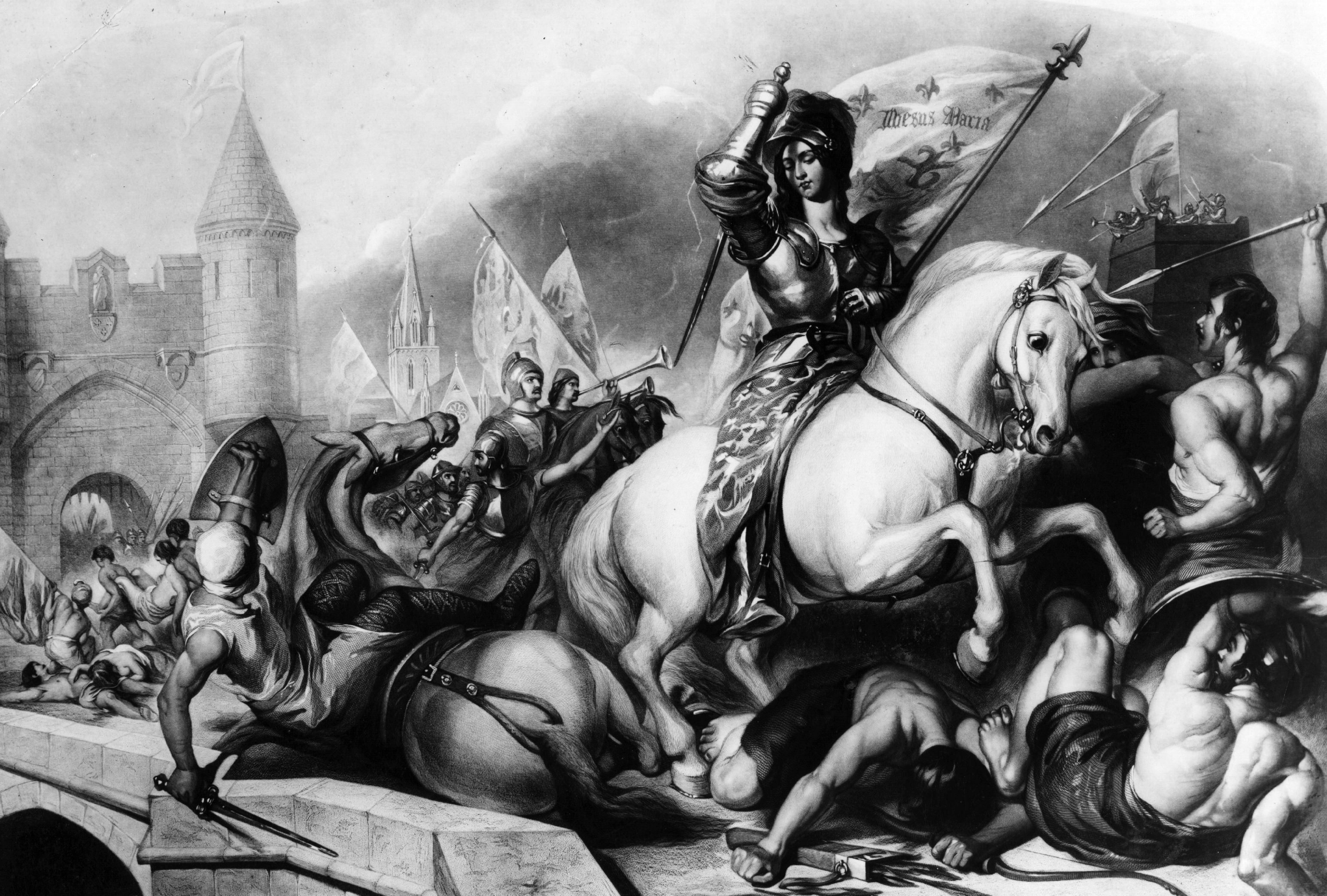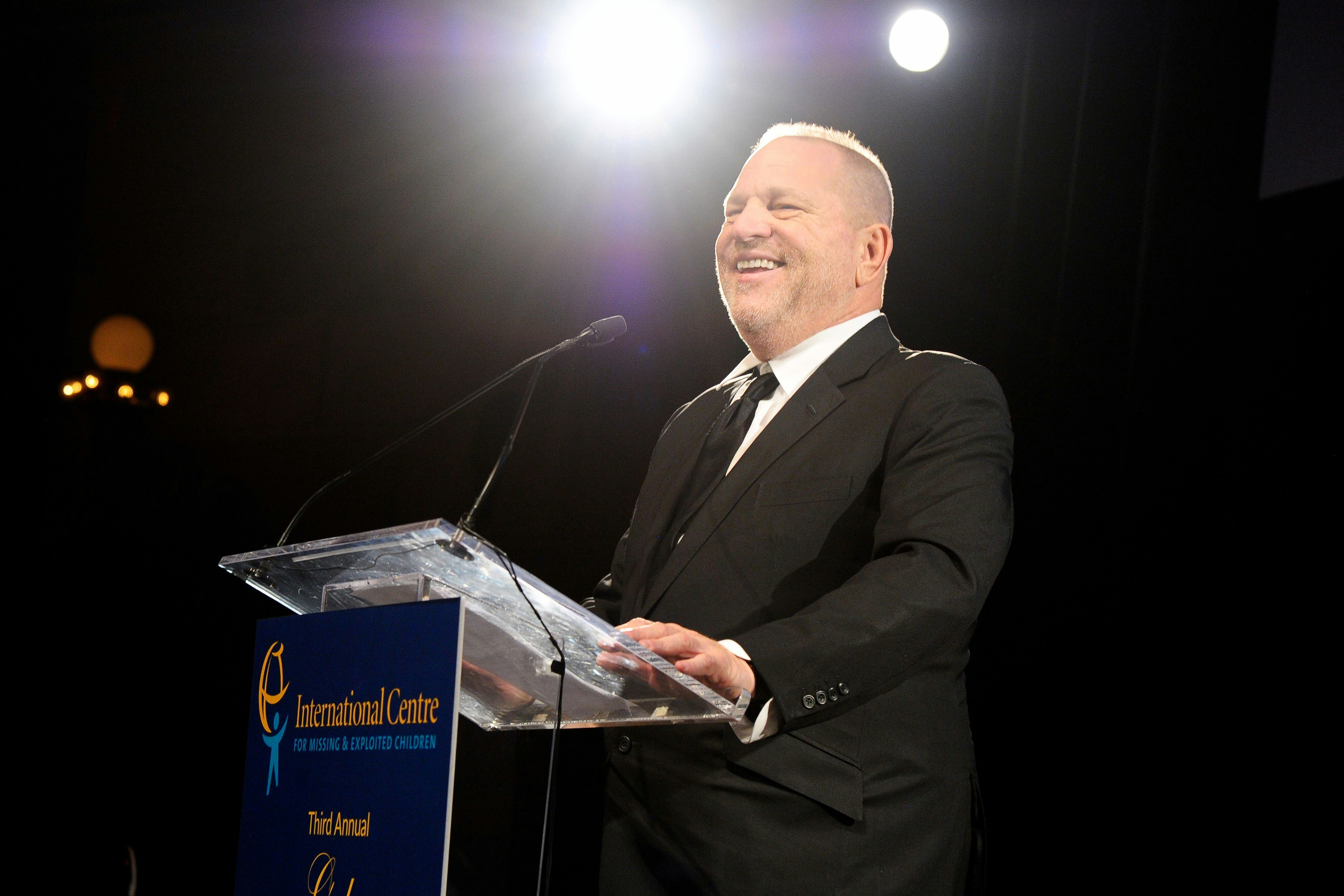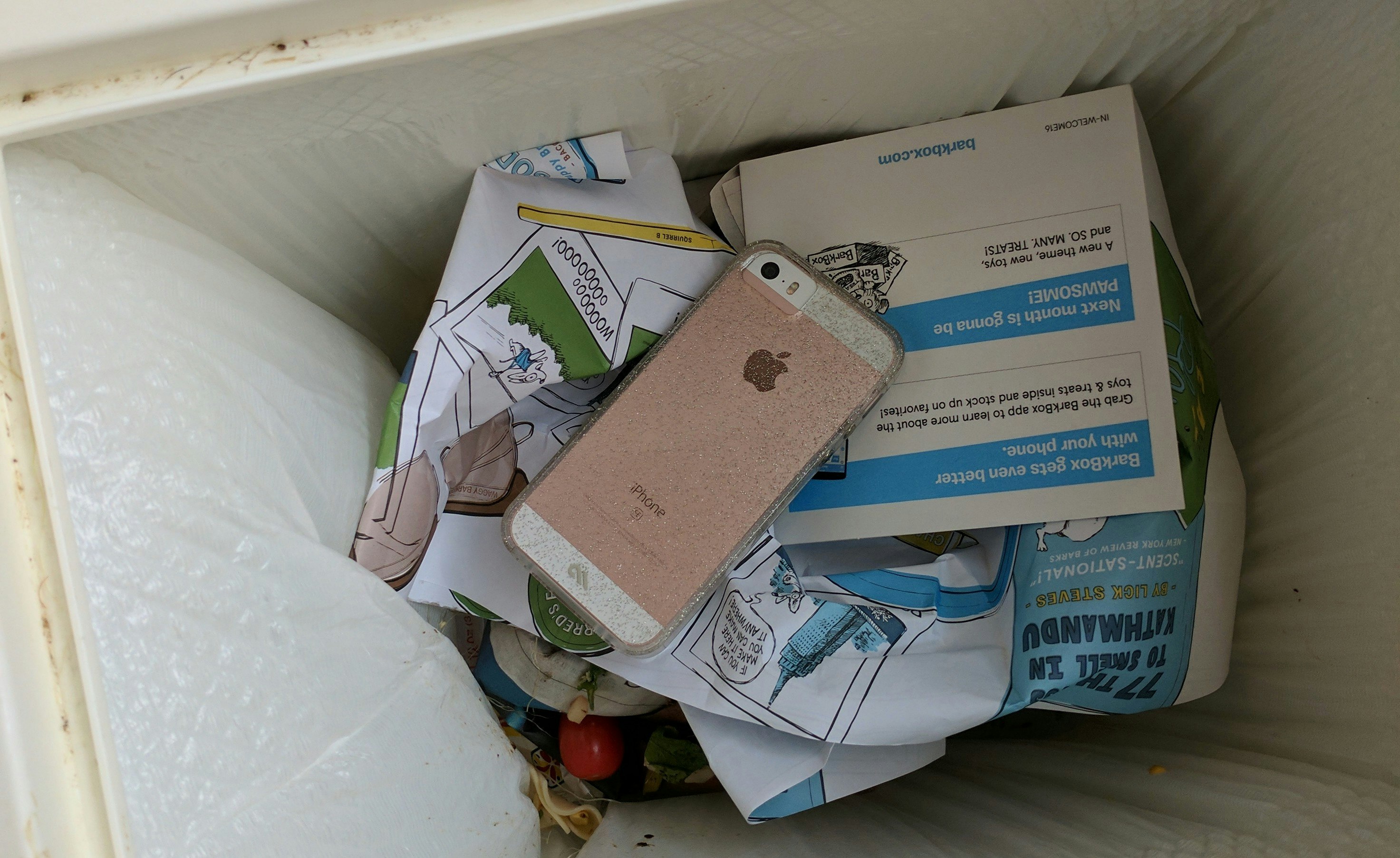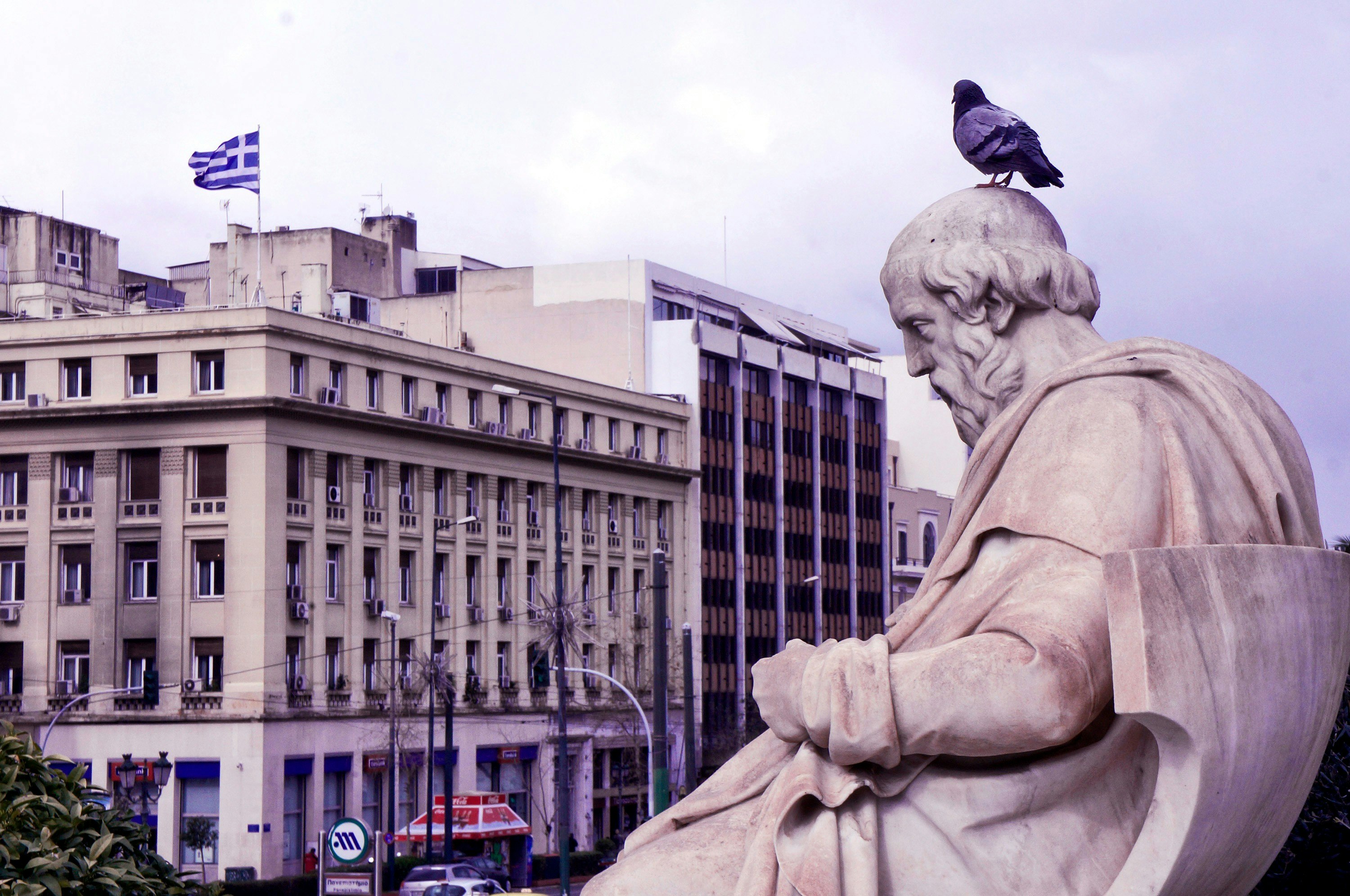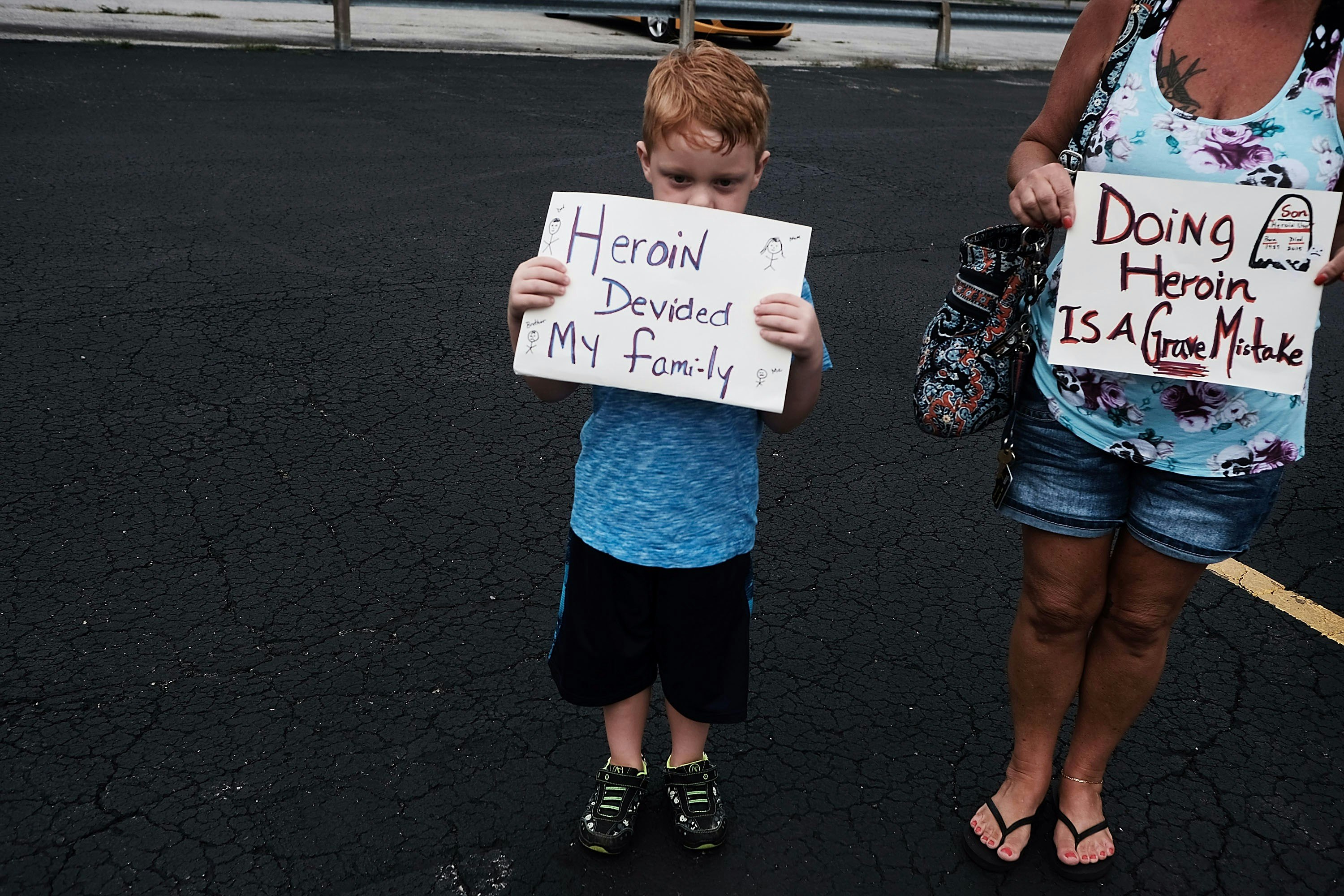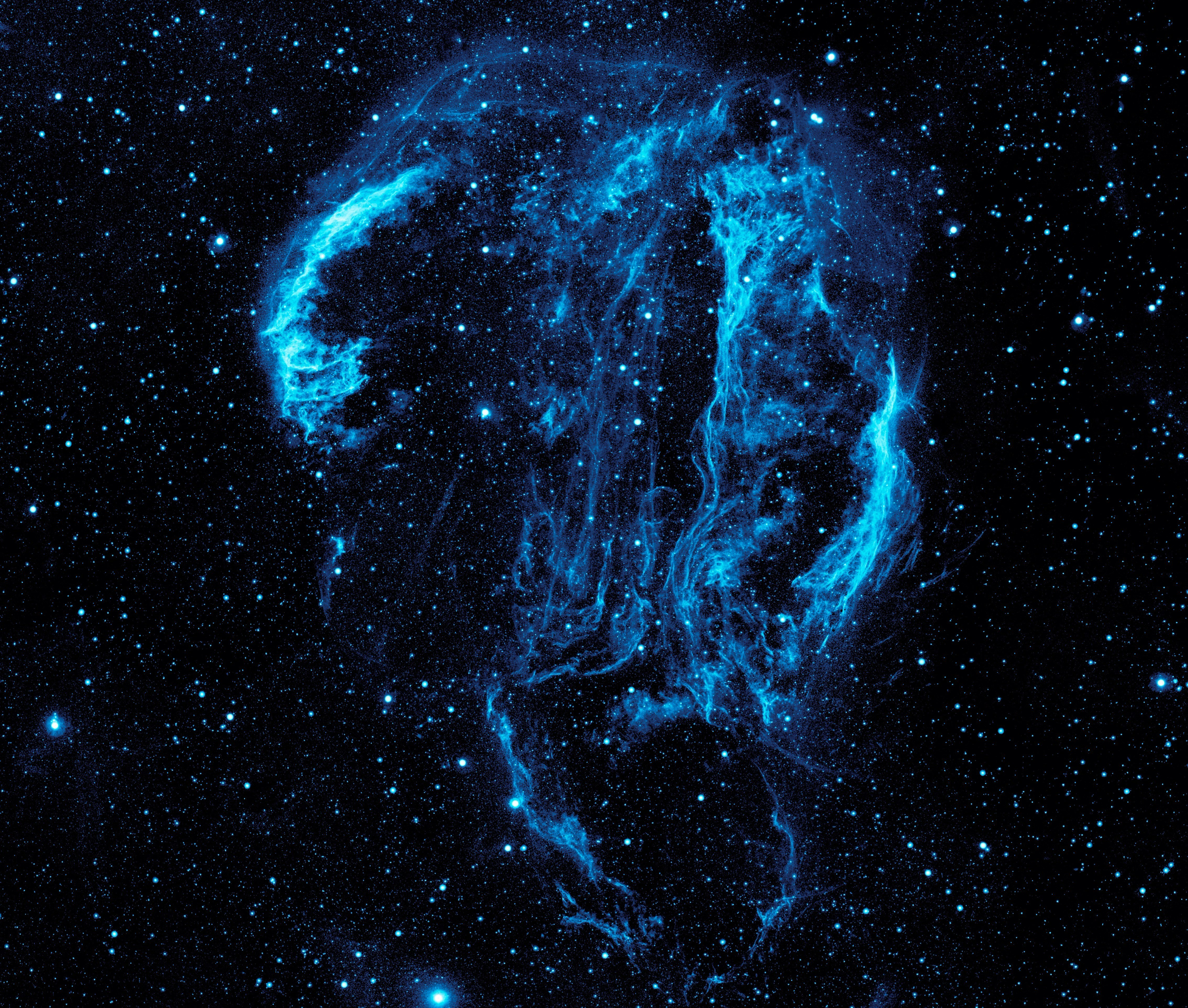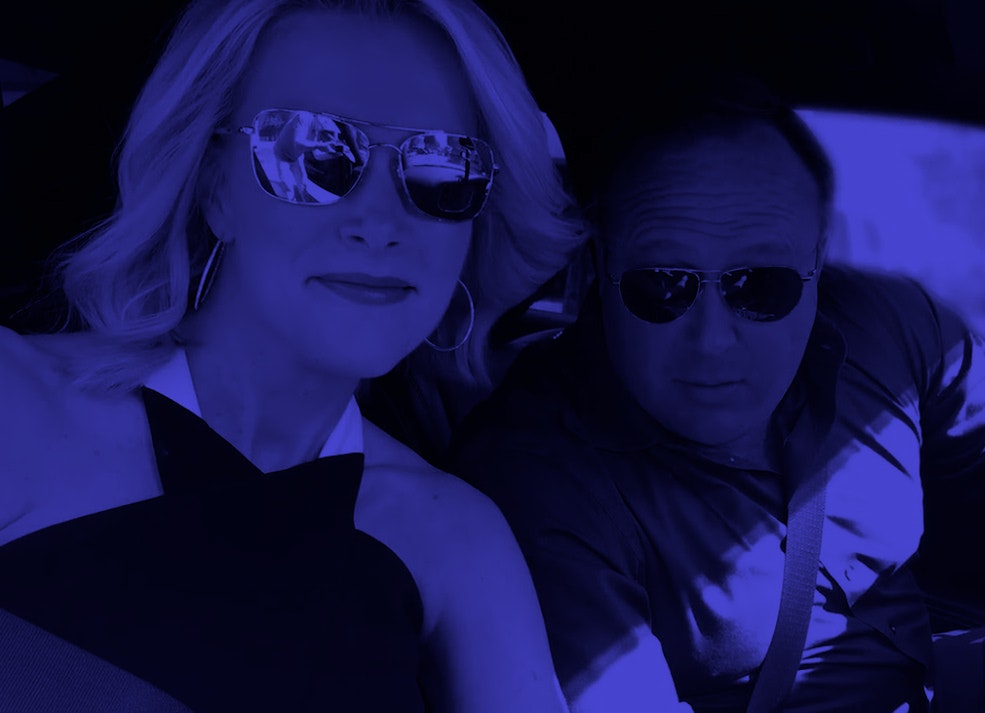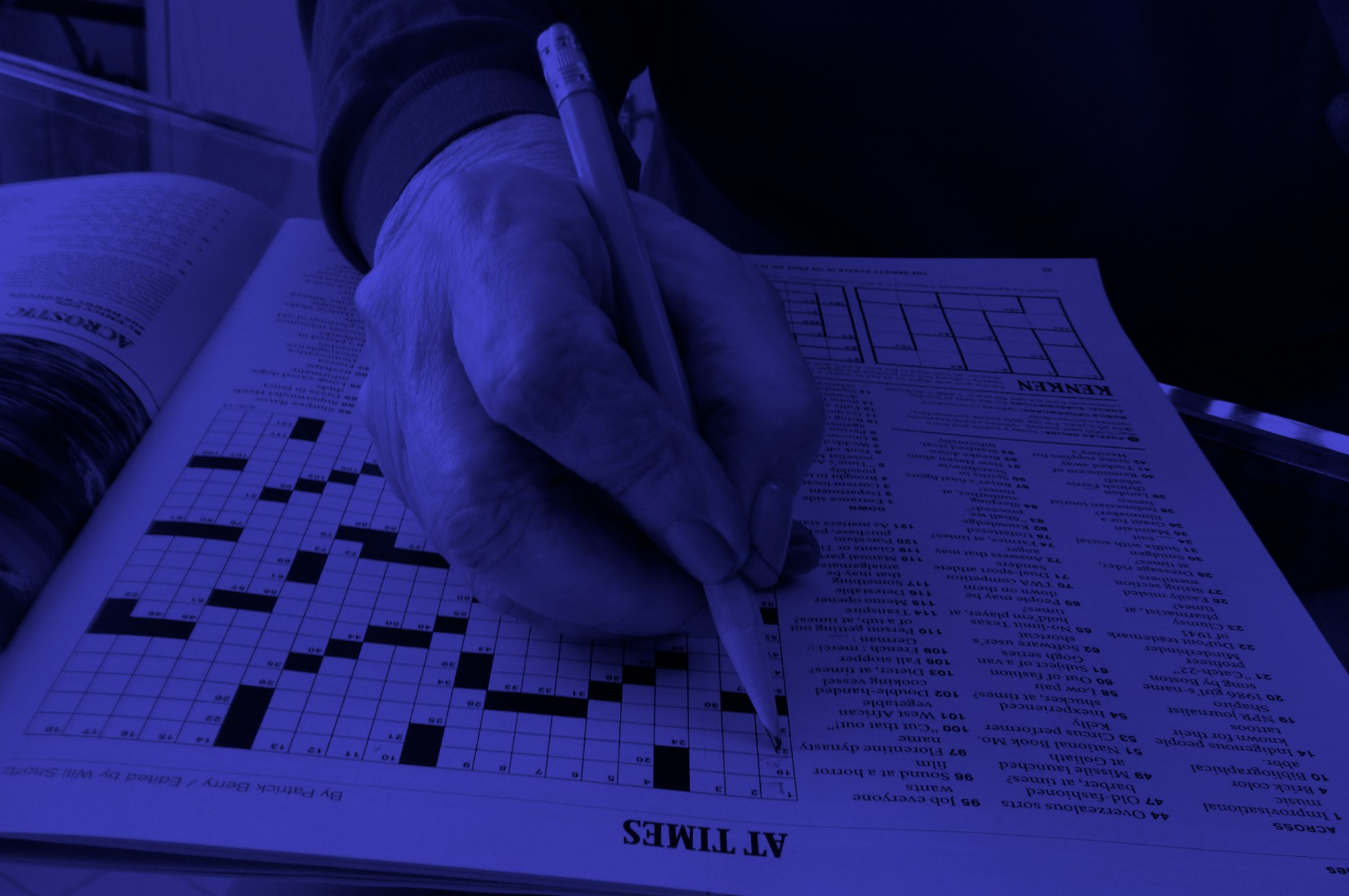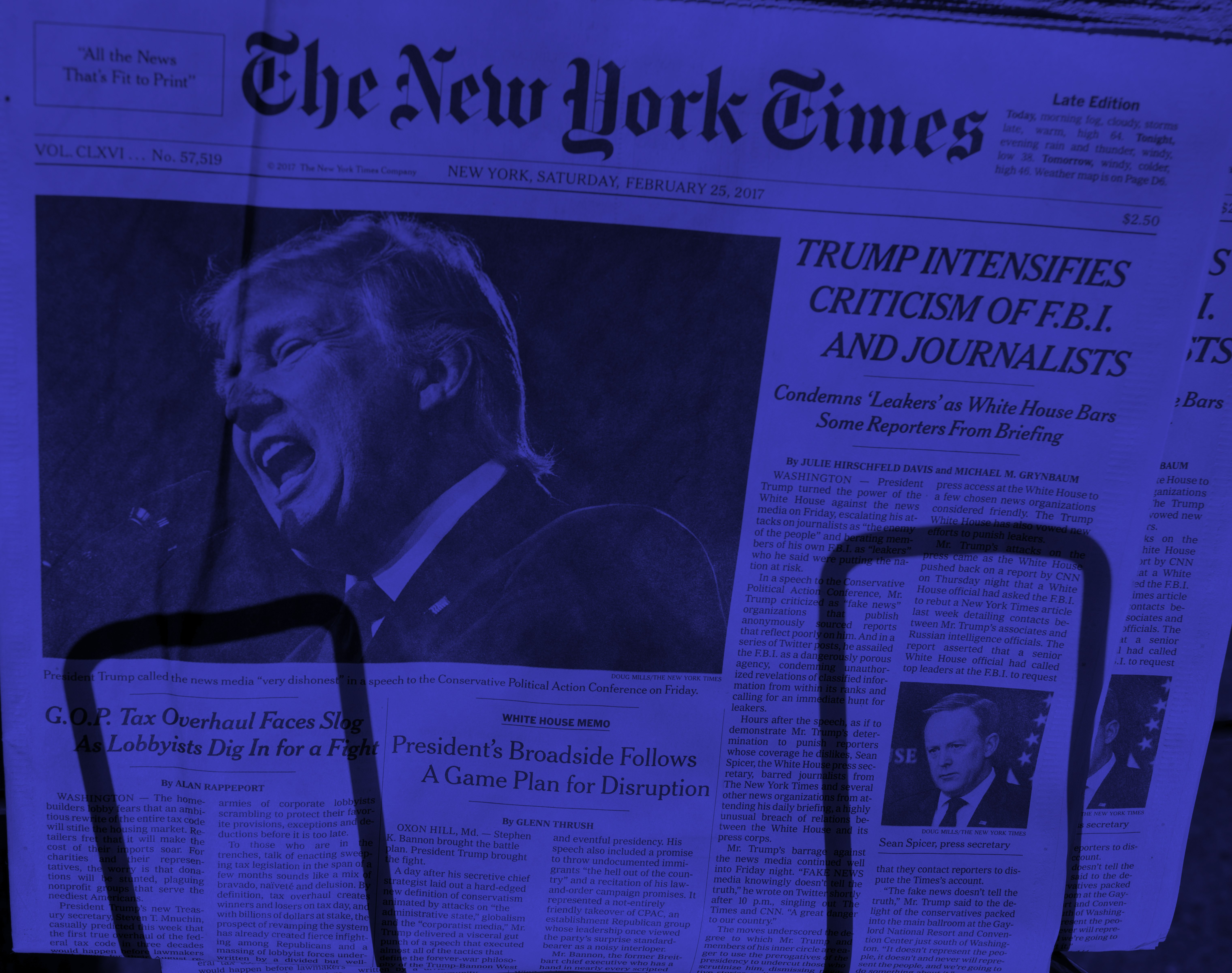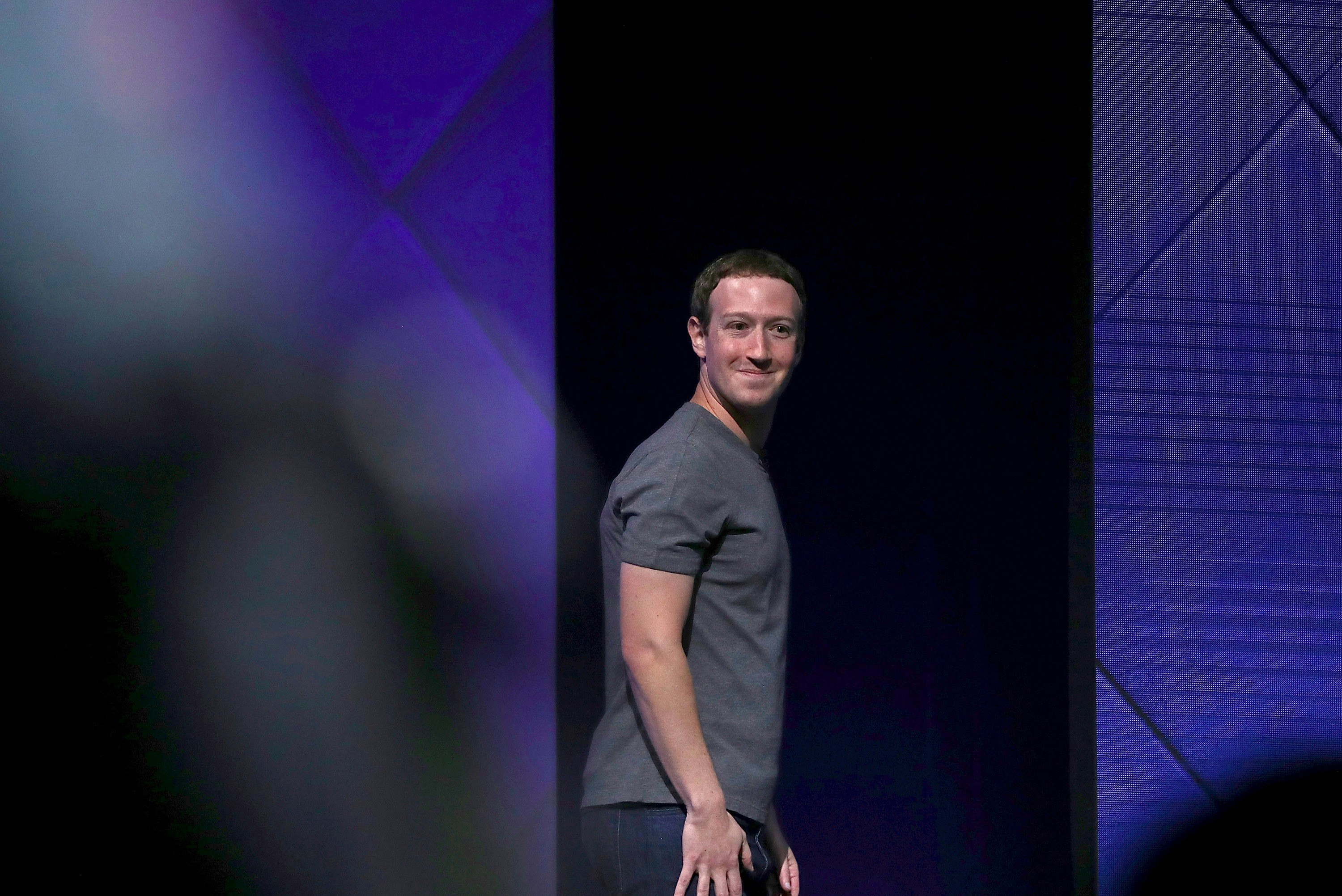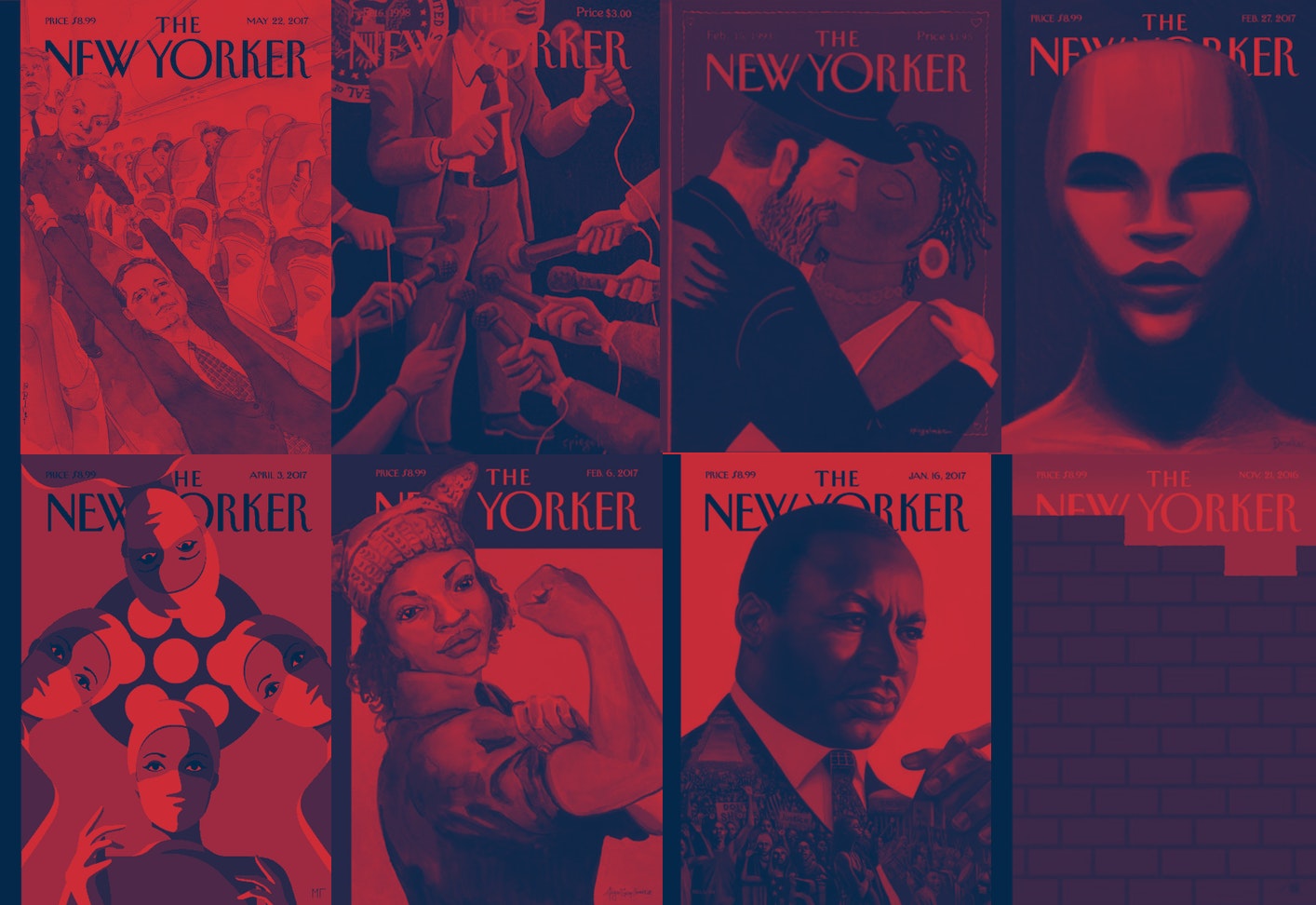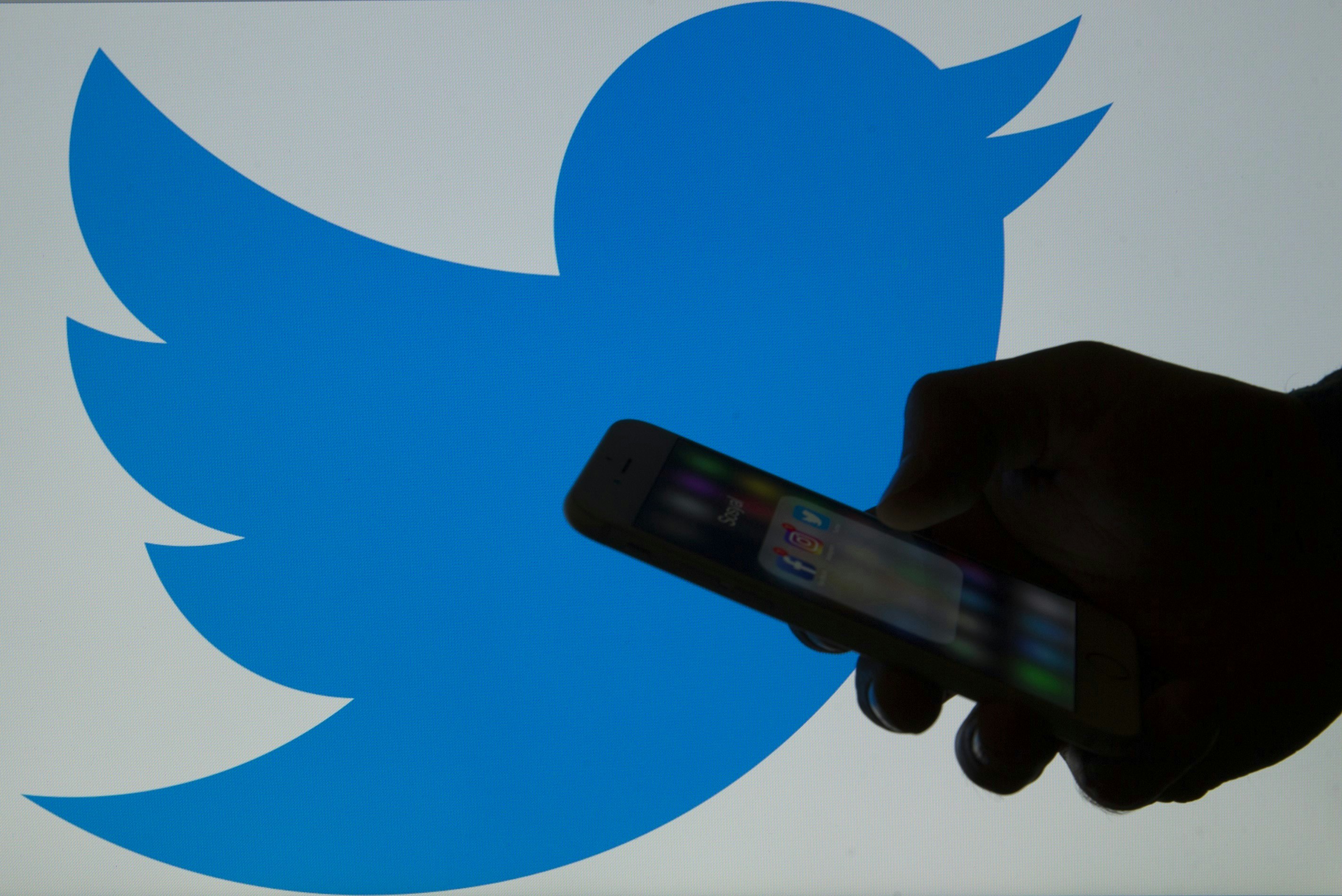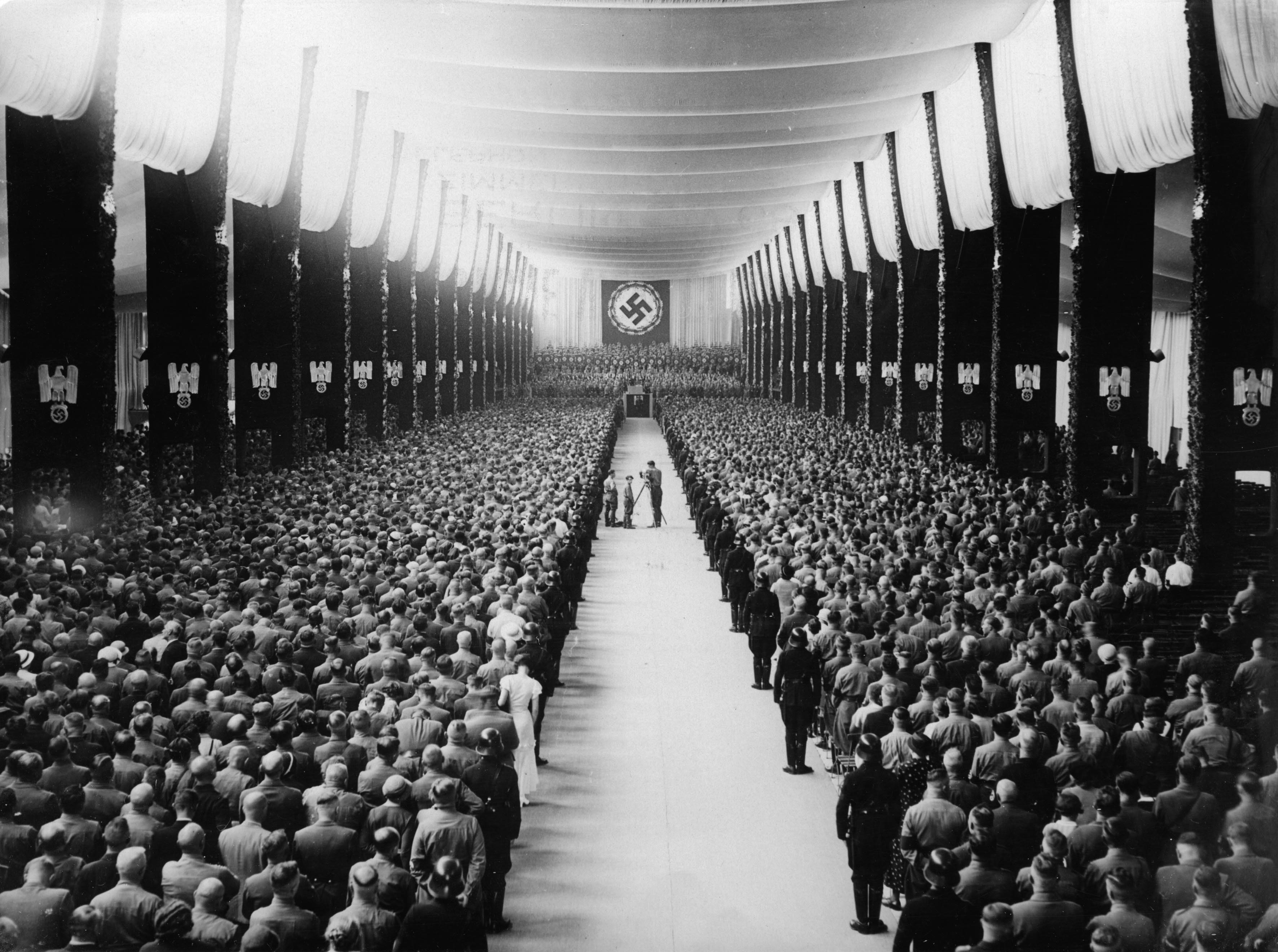There is a phenomenon in criticism that I simply must address. I worry that it might come off as ill-spirited, and my New Years’ resolution was to only be judgmental in private. But I cannot take it anymore.
We have a Joan Didion problem.
Joan Didion — writer, Celine model, owner of a big yellow curtain — is perhaps the most famous “serious” woman-identifying essayist of today, “serious” meaning that she can be compared to men (by men) and write for the New York Review of Books, unlike stratospherically famous women-identifying writers like Danielle Steele, Michelle Obama, and George Eliot.
The phenomenon is that in reviews and book-jacket blurbs of so many memoirs and essay collections by non-dead women, those non-dead women are somehow compared to Didion. In recent memory this has happened most notably with Anna Wiener and Jia Tolentino — the Joan Didion of Silicon Valley and the Joan Didion of our time, respectively — both of whom are talented writers (whom I know and like). There is a wide-ranging list of others who have been compared to old J. Diddy: Kim Gordon, Quincy Jones (?), Zadie Smith, the essayist Eula Biss. A 2018 WBUR tweet presented a disparate list of potential Didions, including Dan Rather (???) and Lauren Duca:
Who is the Joan Didion of our day?
— Cognoscenti (@cogwbur) April 5, 2018
A few contenders: @JoyAnnReid, @ananavarro, @deray, @Nettaaaaaaaa, @Celeste_pewter, @DanRather, @jennydeluxe, @Wesley_Morris, @rgay, @JYSexton, @laurenduca, @SaraJBenincasa, Rebecca Solnit, Lindy West, Ta-Nehisi Coates https://t.co/fwyKsbEJPN
The Didion comparison irks me mostly for how boringly lazy it is, especially when it is used by writers, whose job is presumably to write original thoughts composed of original words. The work of a young female writer may indeed resemble Didion’s in that she is also women whose work involves observation, analysis, and sentences, but there is little depth to the comparison beyond that. Haley Mlotek neatly summed this up in a 2015 Awl article: “Joan Didion is a living stereotype and I only mean that in the most literal definition of the term: Joan Didion functions as a mental shortcut. Joan Didion requires very little explanation to a very large group of people, representing a class of consumers who tend to be young, female, upper middle class, white, and somewhat inwardly tortured.”
If we are going to distill critical writing to its crude components, then the number of Joan Didions in the world would increase to such a level that would be horrifying to the people inclined to make the comparison in the first place. It would mean Donald Trump is the Joan Didion of the White House. Barack Obama is the Joan Didion of droning. Bari Weiss is the Joan Didion of facile Zionism. Dave Chappelle is the Joan Didion of becoming unfunny when you’re older.
Enough of this. It would be nice to get to a place where writers could be considered on their own terms, but I’m not optimistic that we will ever be free from the Didion-comparison bear trap. After all, it is pretty fun to compare things and people, and Didion, by nature of her cultural fame, will always be one of the first references that comes to mind when people think, “Who else seemed depressed about living in California?” So I asked some of my favorite writers and thinkers for suggestions on who else besides Didion to whom women writers can be compared. Here is what they said.
Katherine Bernard, critical shopper at The New York Times: Kim Kardashian, for her potent lines, personal growth, family tragedy, tolerance for a husband, a true sense of control within the narrative, and an almost cloying affiliation with California. There’s no difference between [Didion and Kardashian]... they’re both visually unforgettable and have unhealthily unattainable aesthetics.
Lauren Oyler, critic: [Women writers] should be compared to whomever they are similar to (or imitating, as the case may be). It’s even OK to compare them to male writers. I’m having trouble answering this because most writers (of any gender) working today, as they have in all eras, are writing consumable, voice-less, derivative crap that doesn’t call to mind an easily communicated historical analogue, because the people who were writing consumable, voice-less, derivative crap in the past have mostly been forgotten.
Steven Phillips-Horst, founder of Talkhole and viral tweeter: Chunky serif fonts, bar carts, rattan furniture.
Ashley Feinberg, investigative reporter at Slate: Dorothy Parker but if she’s unavailable Leah Finnegan.
Rich Juzwiak, senior writer and man at Jezebel: Someone who I’d like to see get more recognition for her influence/importance is Angela Carter. And if more people wrote like Jeanette Winterson, the world would be a smarter, more beautiful place. Also bell hooks, who so many imitate poorly, has inspired so much shitty internet writing that she's arguably done more inadvertent harm to the discourse than good. I can’t think of anyone who has had more of an influence on socially aware criticism (or that which posits itself as such).
Anonymous at anonymous: So many writers now are all newly bad in a way that I would not have read a previously published writer like them.
Brandy Jensen, power editor at The Outline: I think more women should be “the next David Foster Wallace.”
Silvia Killingsworth, editor at Bloomberg: Larissa MacFarquhar, whose profiles are like masterful feature films in which the director is not a character.
Puja Patel, editor-in-chief of Pitchfork: Ellen Willis or bell hooks.
Alex Balk, male ally: One of my favorite writers of all time is Andy Logan, who did the Around City Hall column for the New Yorker a thousand years ago. (So long ago that the New Yorker had a regular column about City Hall.) There was nothing fancy or showy about her prose but she was able to immediately both grasp and convey the central issue of the story without unnecessary complications or distractions and any discursion on her part made you smarter without realizing it by the time you got back to the main point of the story. Plus, she was funny. Like, not in a look-at-me-being-funny way but in a “here is the essential humor of this story” way that no one, man or woman, seems to be able to do anymore. I can't think of anyone, man or woman, that I could compare her to today, which is a shame. I wish more women were compared to her.
Rejoice — you now have many more women to whom you can compare other women. I look forward to seeing them all in my Twitter feed.
Get Leah Letter in your inbox.
